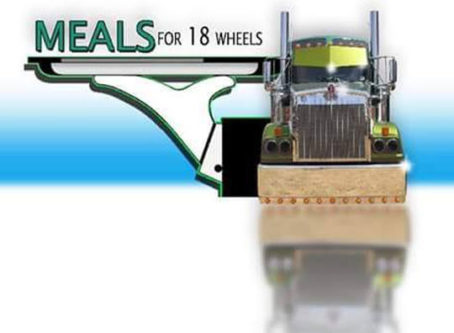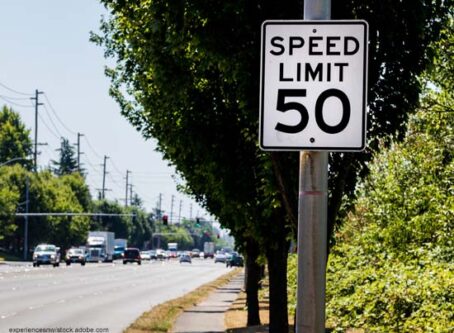Utah Legislature approves tax reform deal, increased fuel costs
A tax overhaul by the Utah Legislature would benefit transportation has been approved by state lawmakers.
The Utah Legislature met last week to vote on a bill to collect additional sales tax to cover expenses that include transportation work. Fuel tax rates would be affected.
The Utah Legislature’s Tax Restructuring and Equalization Task Force voted earlier this month to support an extensive tax reform bill. After making some revisions to the draft bill, the panel took the steps necessary to bring the issue to the full Legislature.
Gov. Gary Herbert followed suit by signing a call for a special session to decide on the 199-page proposal crafted by Republicans. The proposal would raise the state’s sales tax on food, gas, and certain other services. The excise tax on diesel would also be increased by about 33%.
Income tax cuts also are included in the reform package.
House lawmakers voted 43-27 to approve tax reform. The Senate followed suit on a 19-7 vote. Passage at the statehouse clears the way for the bill, SB2001, to advance to the governor’s desk for his expected signature.
Utah Legislature’s sales tax increase
Legislators endorsed a plan that authorizes the state’s 31-cent tax rate to be raised about 12 cents to 43 cents.
Sen. Lyle Hillyard, R-Logan, said the current excise tax on fuel covers less than one-third of road upkeep costs. Federal funds and the state’s sales tax cover the rest.
He said raising the gas tax by adding the state’s sales tax to fuel purchases is expected to provide a “bridge” for funding needs.
“It’s a bridge we’ve identified, we’ve got to be able to close down so that as we make this adjustment away from gasoline tax we have a way to fund our roads,” Hillyard said during Senate floor discussion on the bill.
Diesel fuel purchases are not exempt from the effort to boost state tax revenue. Instead of being charged a sales tax on fuel purchases, starting in April 2020 commercial drivers would pay an extra 6 cents per gallon in excise tax – up from 31 cents.
In 2022, the diesel rate would be raised another 4 cents to 41 cents.
Excluding diesel from the sales tax collection and instead charging more in excise tax is touted to aid truck operations asking for consistent pricing for advanced billing.
Hillyard said the phase-in for diesel is intended to help keep the state competitive with neighboring states.
“One of the real concerns people had is the diesel price in other states is below ours. Give us two year. We hope that they’ll make the same kind of adjustments we’re talking about so we won’t be so far out of line.”
Additionally, the state’s 4.85% sales tax would be collected on food – up from 1.75%.
Services that include ride-sharing, towing, and shipping and handling or taxable sales would also be taxed.
The additional tax collected on food, fuel and services is estimated to raise about $475 million.
Specific to gas purchases, tacking on the state’s 4.85% sales tax would be in addition to the current 31-cent fuel tax rate. The additional revenue via gas and diesel tax collection is estimated to raise $170 million.
Income tax
In an effort to reduce the hit to many Utah residents’ pocketbooks, the state income tax rate would be reduced from 4.95% to 4.66%.
Trimming income tax collections is estimated to save residents $635 million.
Advocates tout the $160 million in tax savings for residents when accounting for the income tax cuts and additional sales taxes.
Critics have concerns about how the tax changes could affect education and the loss of revenue via the income tax cut. They cite shifting revenue away from income taxes and toward the state’s General Fund.
Next steps
The effective dates for the tax changes are unclear. Supporters in the Utah Legislature failed to muster the required two-thirds majority needed to take effect immediately.
Additionally, a citizen referendum has been filed challenging the massive tax overhaul. The intent is to get a question on the November 2020 ballot to allow voters to make the final decision on the tax changes.









